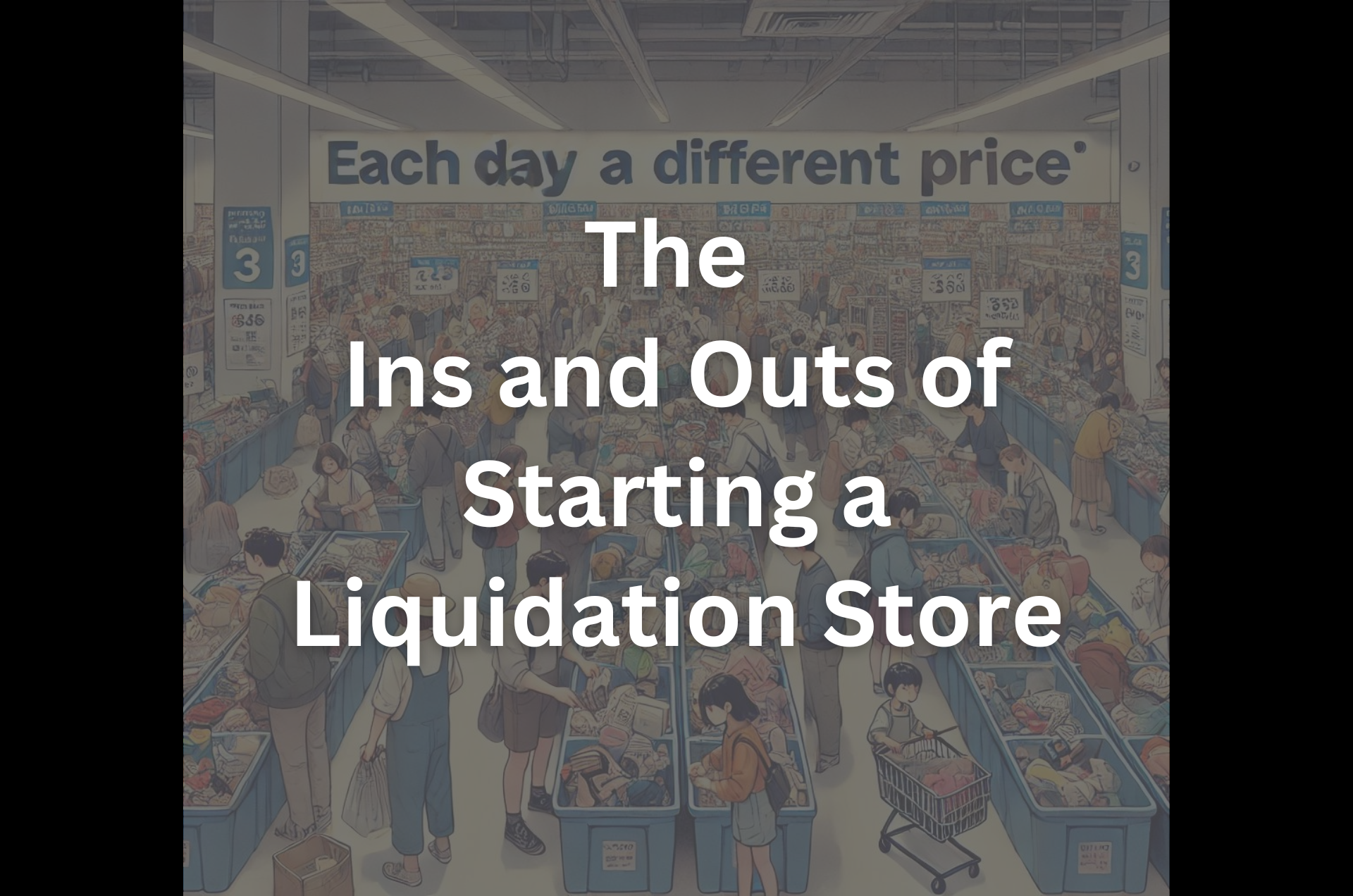**Disclosure:** We believe in honesty and transparency to the fullest extent. Some of the links on this blog are affiliate links, meaning, at no additional cost to you, we will earn a commission if you click through and make a purchase. This is one of the simplest ways you can support us.

Embarking on the entrepreneurial journey can be overwhelming, but business incubators and accelerators provide essential support systems designed to offer financial backing, mentorship, and valuable resources. These lifelines create a nurturing environment for entrepreneurs to thrive and succeed.
What Are Incubators and Accelerators?
Business Incubators are programs or facilities that support early-stage startups by fostering entrepreneurship and innovation. Accelerators, on the other hand, focus on rapid growth and scaling, usually through intensive programs lasting a few weeks to months.
Key Benefits
- Financial Backing:
- Incubators and accelerators often provide seed funding, grants, or equity investments. This initial capital helps cover expenses, develop prototypes, and conduct market research.
- Statistic: The global startup funding market was valued at $189.3 billion in 2020 and is expected to grow significantly, indicating ample opportunities for funding.
- Mentorship and Expertise:
- Access to experienced entrepreneurs and industry experts is invaluable. Mentors guide startups on business strategy, marketing, finance, and team building. 70% of mentored businesses survive more than five years, double the rate of non-mentored businesses.
- Developmental Support:
- Incubators provide long-term resources like office space, technology, and networking events. Accelerators offer short-term, intensive programs with progress meetings, pitch sessions, and demo days. Companies that participate in accelerator programs grow three times faster than those that do not.
- Networking Opportunities:
- These programs connect startups with a vast network of entrepreneurs, investors, and potential partners, leading to strategic alliances and funding opportunities. Networking can increase the likelihood of startup success by up to 27%.
- Building Credibility:
- Association with reputable incubators or accelerators builds credibility, attracting customers, partners, and investors. 82% of startups that graduate from top accelerators secure additional funding.
Case Study: Y Combinator (YC)
Y Combinator has helped launch over 3,000 startups, including Dropbox, Airbnb, and Reddit. The mentorship, network, and funding opportunities provided by YC have been instrumental in their growth and success.
Is It Right for Your Startup?
Consider the following:
- Startup Stage: Incubators are ideal for early-stage startups, while accelerators suit more developed businesses looking to scale rapidly.
- Program Focus: Choose a program that aligns with your industry and goals.
Conclusion
Business incubators and accelerators are game-changers for startups, offering financial backing, mentorship, and a network of resources that can propel your business forward. Whether you’re in the ideation phase or ready for market expansion, these support systems provide a nurturing environment for entrepreneurs to thrive. Explore the world of incubators and accelerators to unlock your startup’s full potential.
Start your research, connect with mentors, and take your startup to new heights!










